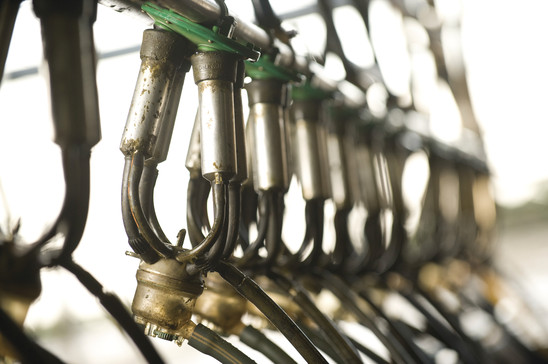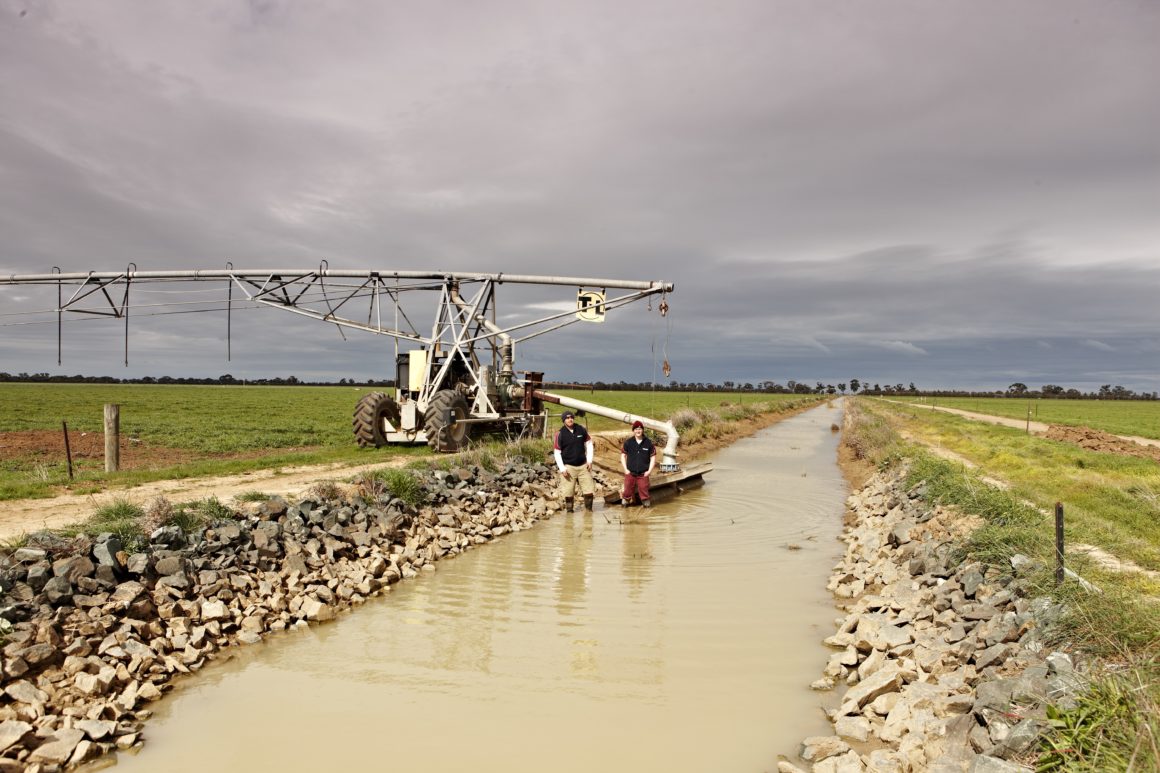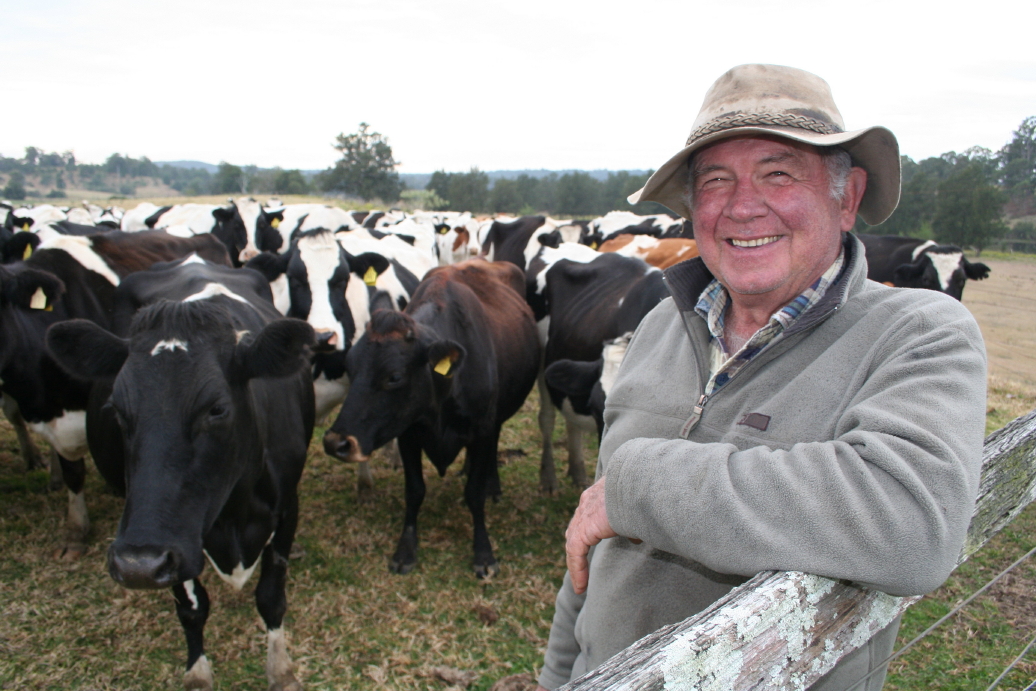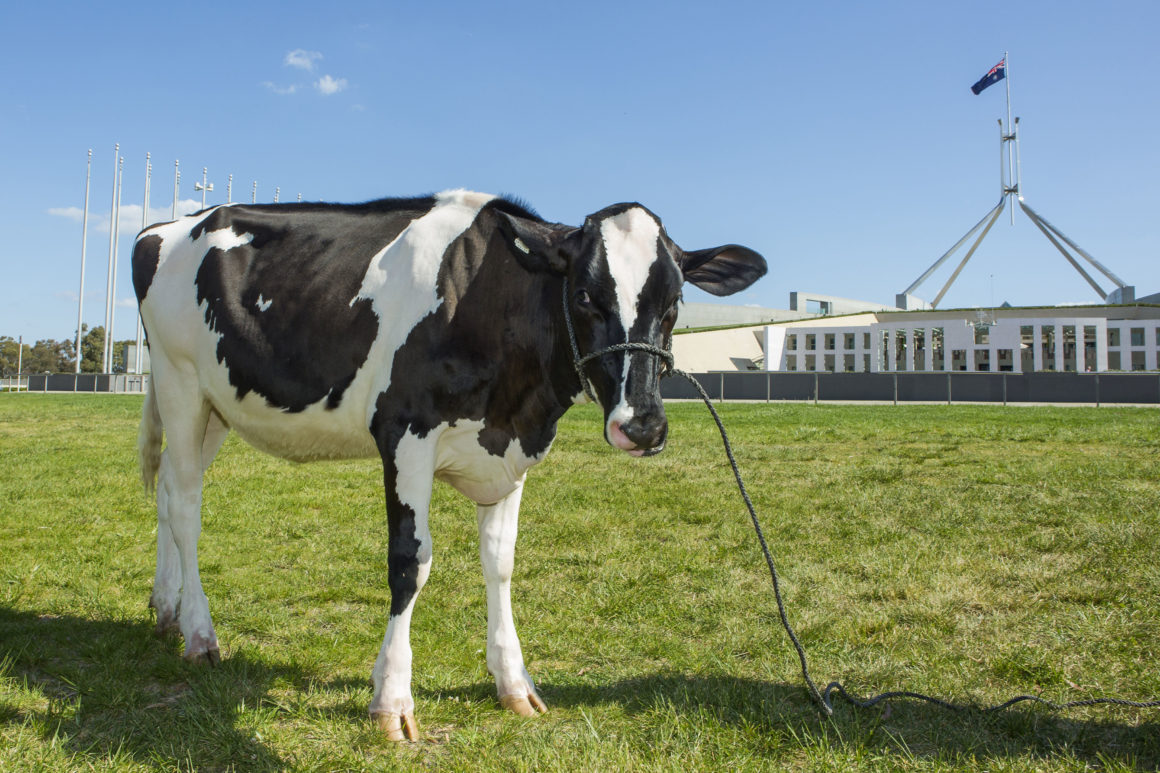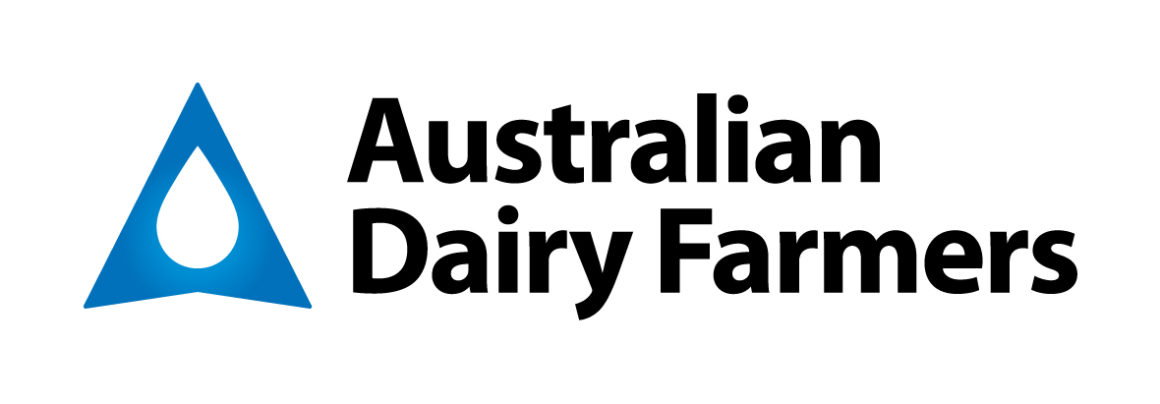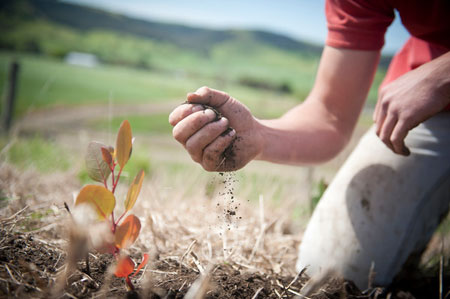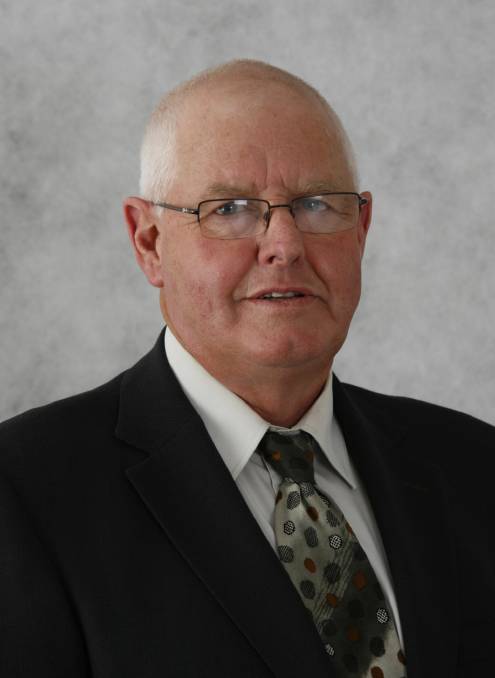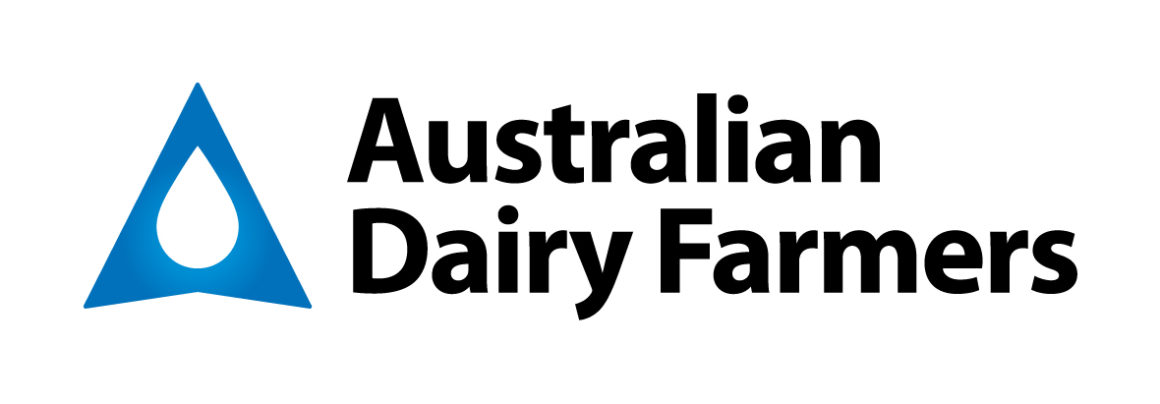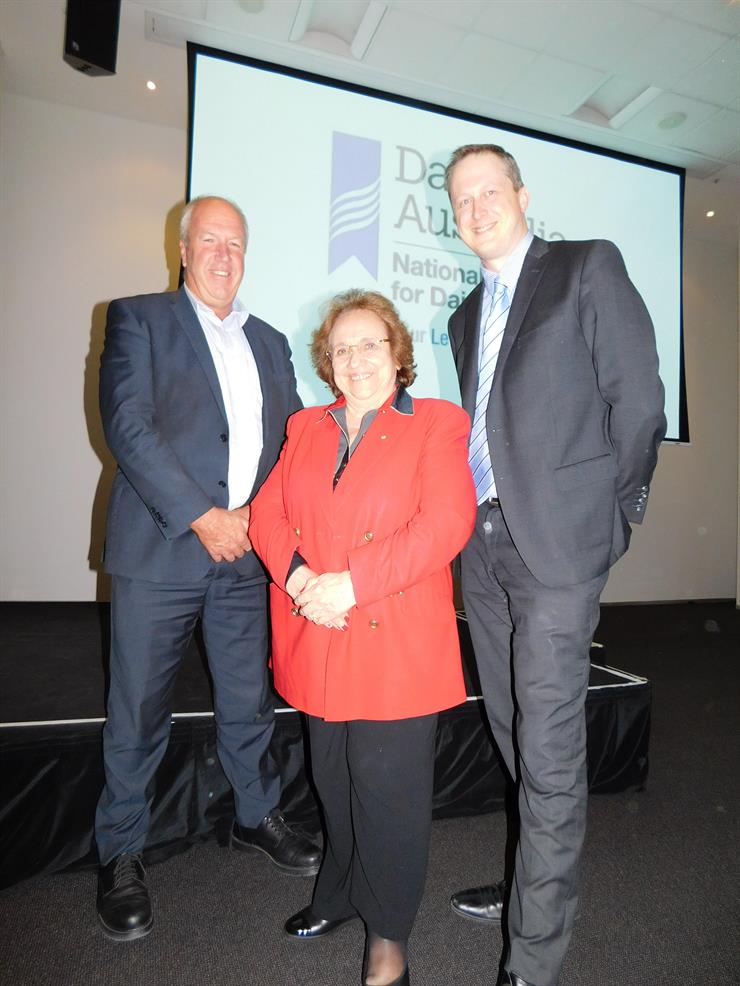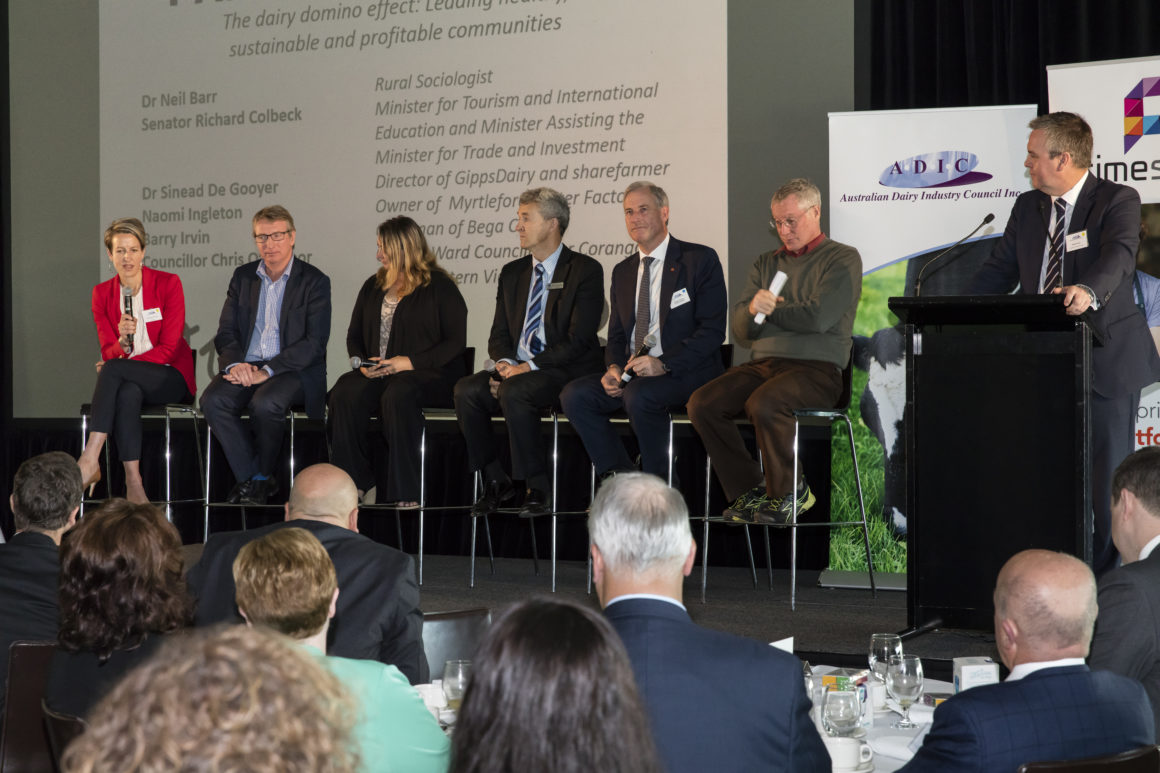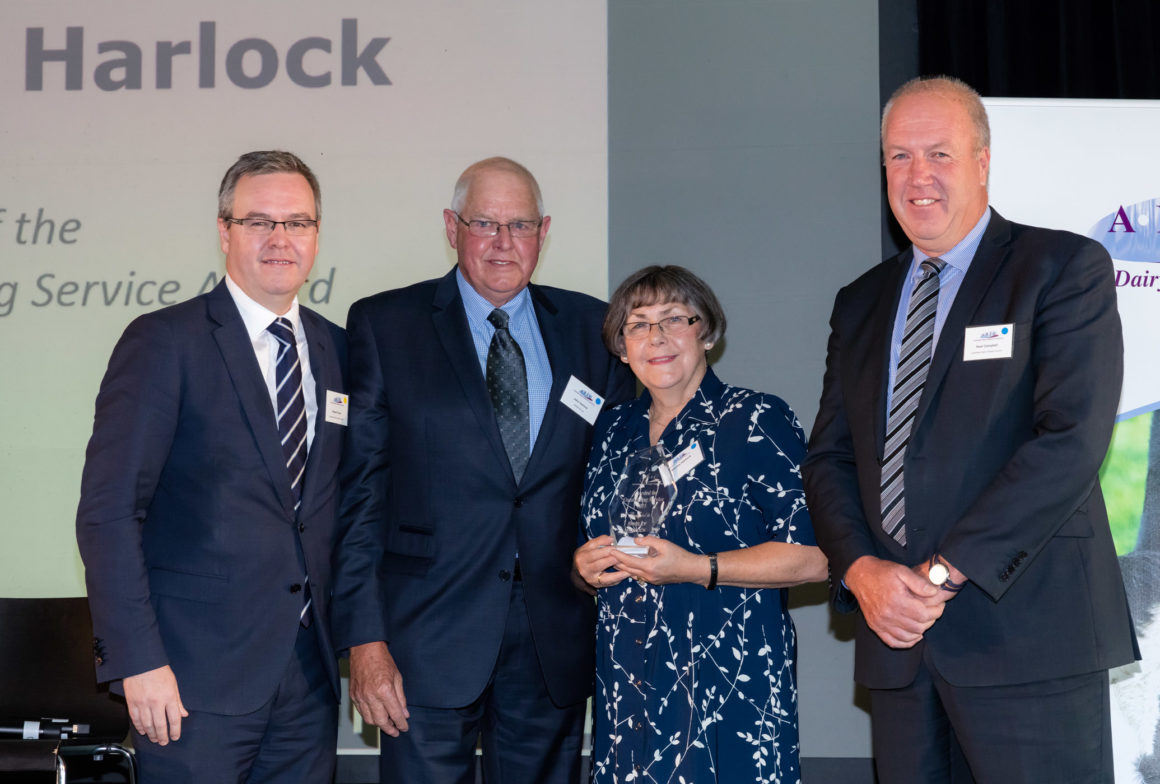More support has been announced for financial counselling in drought-stricken regions in New South Wales, Queensland, South Australia, Victoria and Western
Australia. An extra $920,000 in funding has been provided for Rural Financial Counselling Service (RFCS) providers in those States to continue to help
farmers battling drought.
The funds are in addition to the $14.3 million Commonwealth funding already allocated to the RFCS programme in 2015-16.
Australian Dairy Farmers (ADF) has welcomed this support, acknowledging the financial counselling service as a vital part of supporting dairy farmers through
challenging times, including drought. ADF highlighted that the service helps people take control of their business again rather than allowing their
business to take control of them.
Agriculture needs as many financial counsellors as possible across rural Australia according to ADF, particularly as drought continues to challenge many
dairy regions.
The RFCS can support farmers with business planning, farm debt mediation and helping them access sources of professional, industry and government assistance.
The services can vary from one ten-minute phone call with a person to on-going support across a number of years.
The additional funding provided by the Commonwealth Government toward the counselling initiative will be crucial over the coming months as the pressures
of drought compound continue.
ADF encourages farmers to utilise the service and to keep in contact with neighbours who may be struggling during this time.
To find out about RFCS offered in your region contact your State Dairy Farming Organisation or visit http://www.ruralfinancialcounselling.org.au/.

